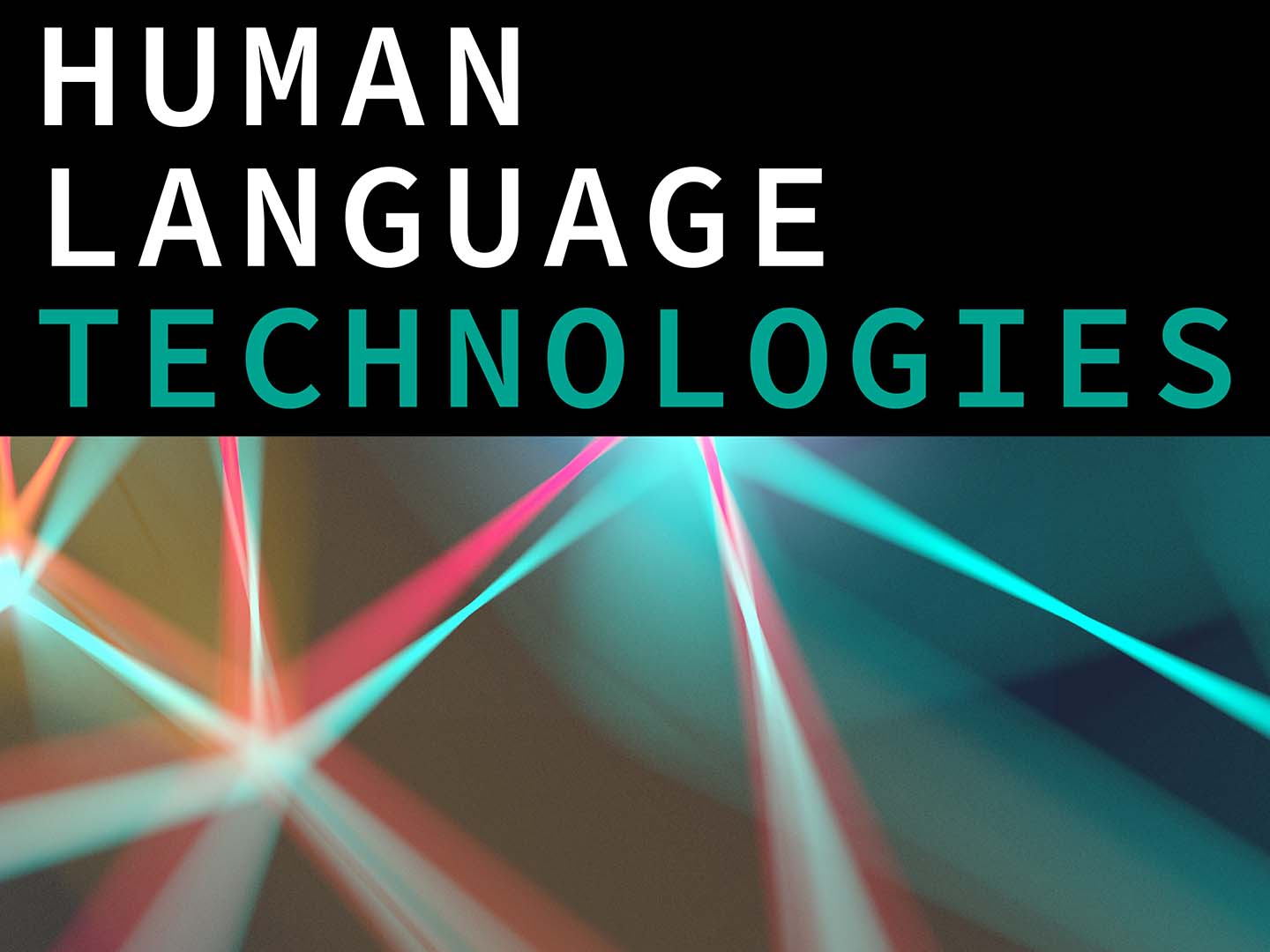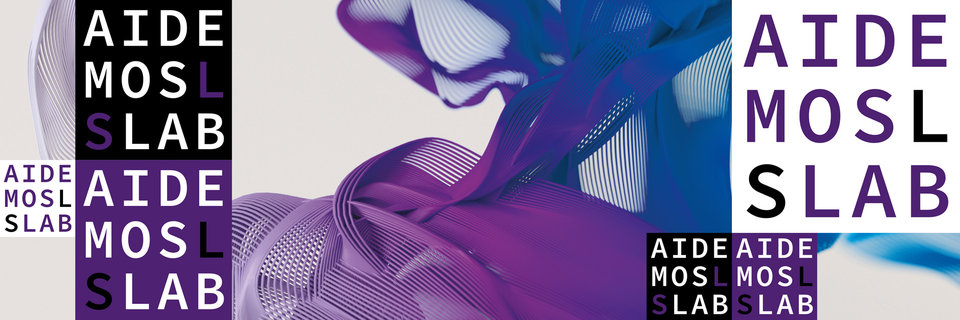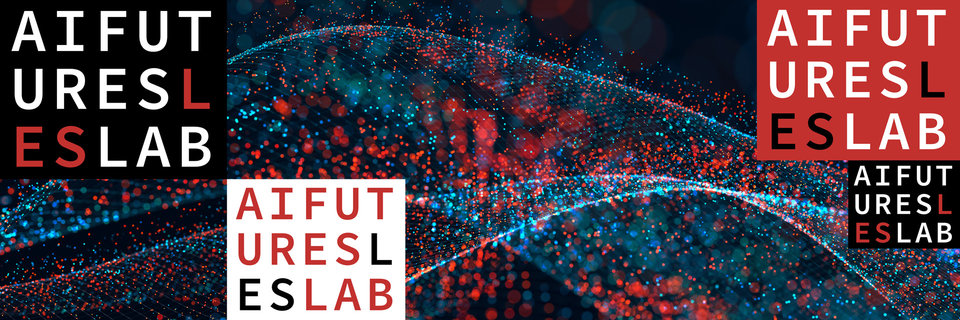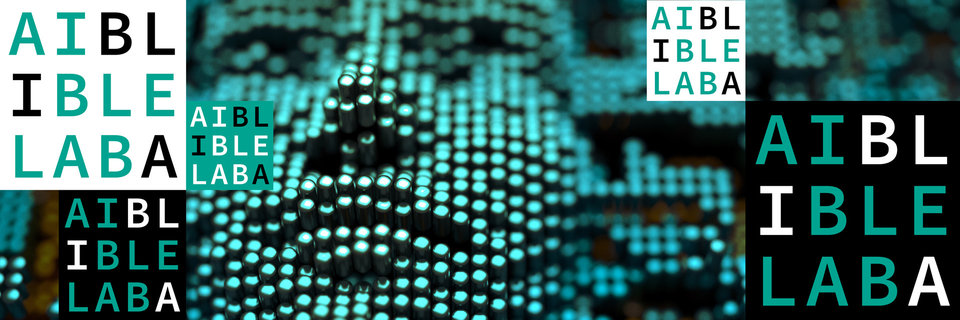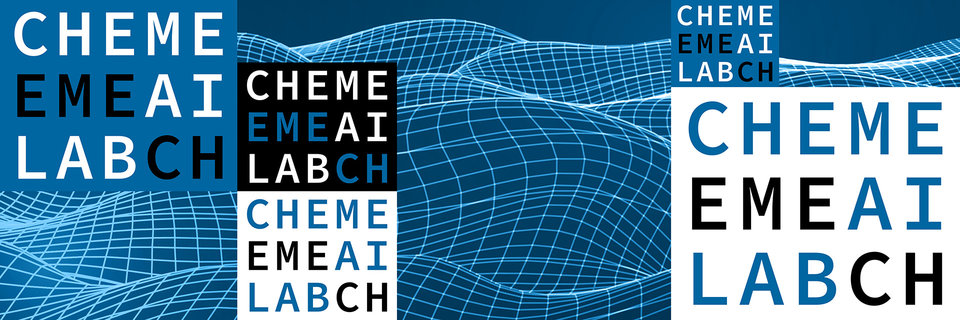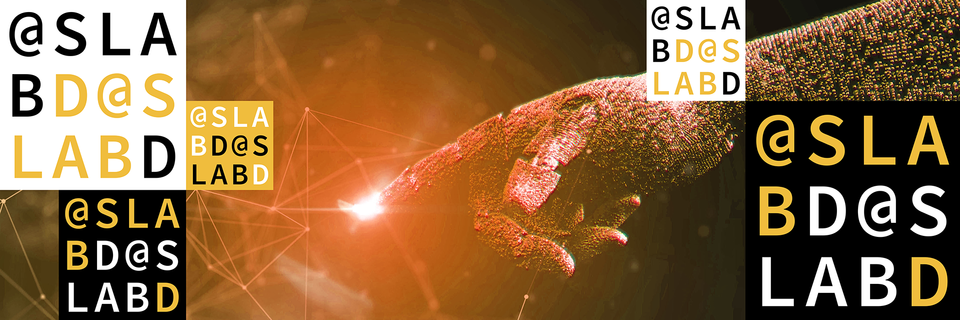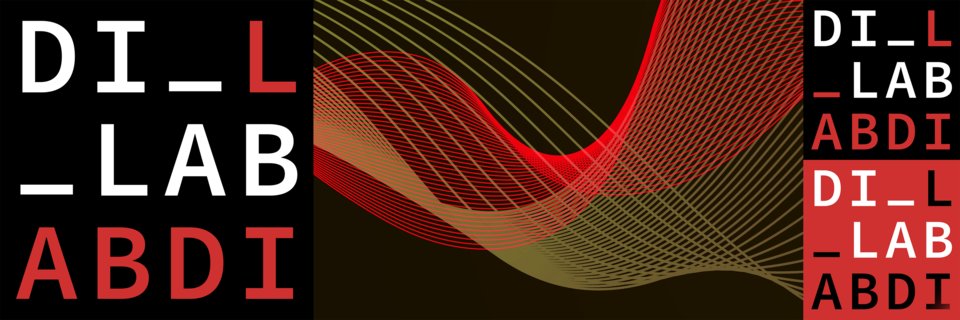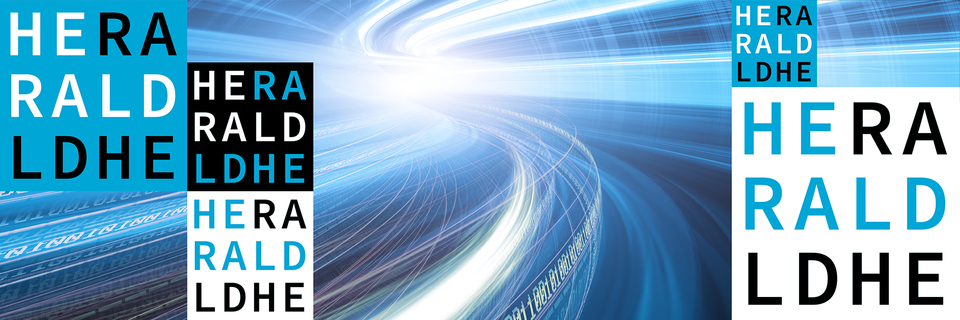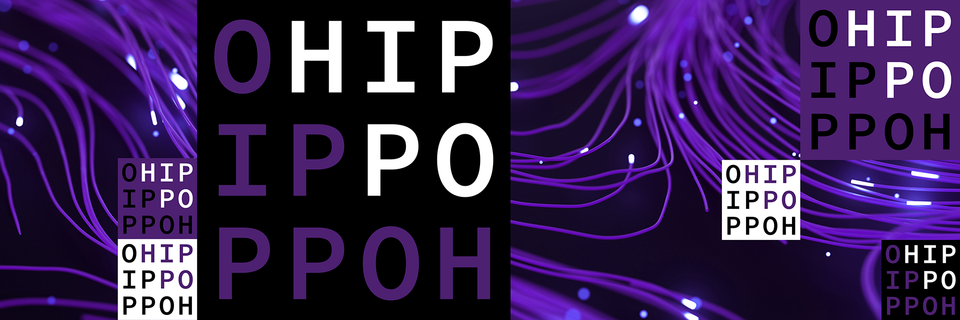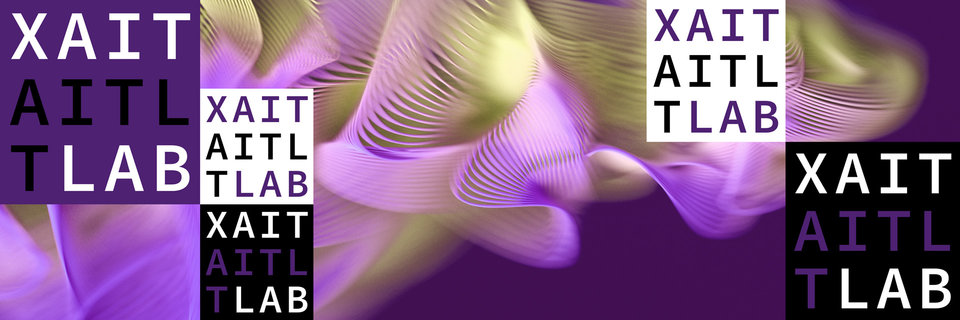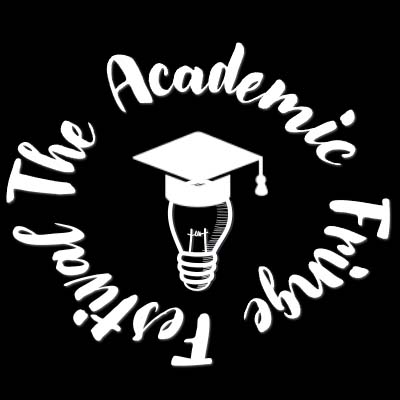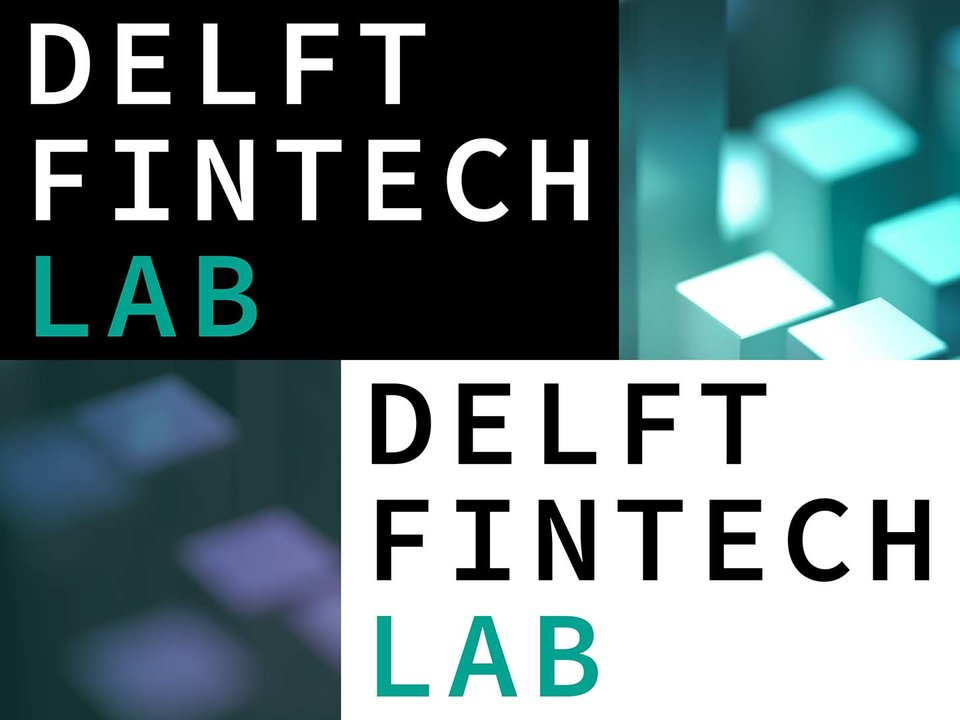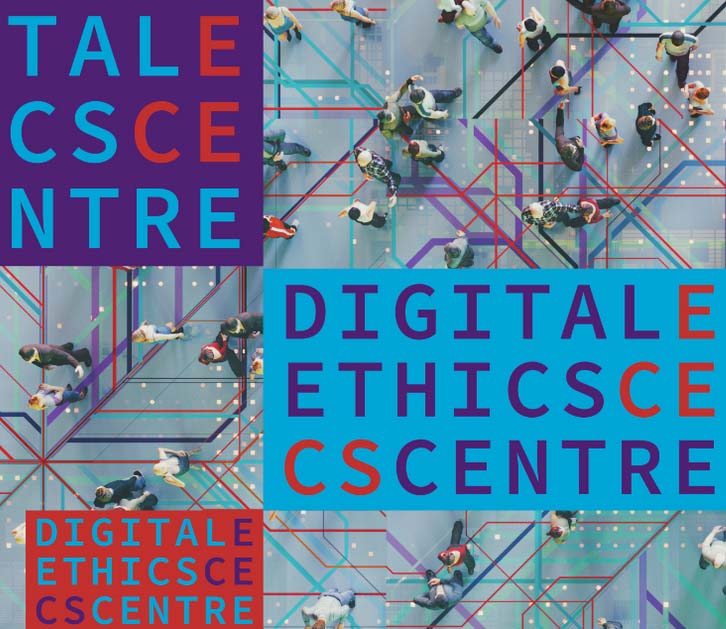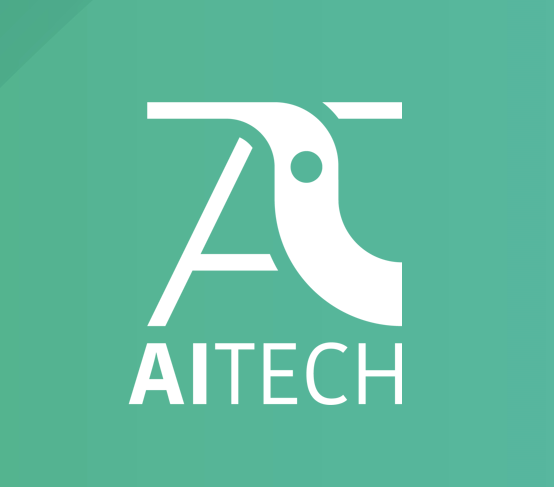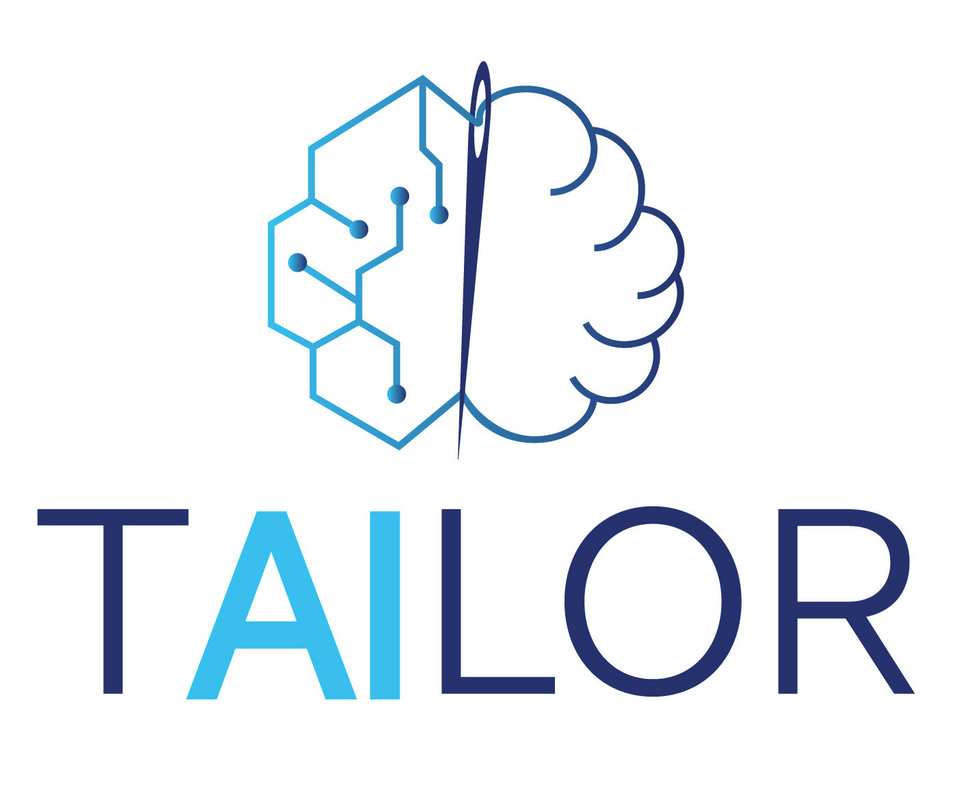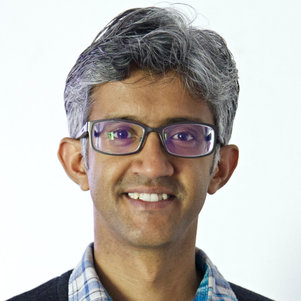Language is not only one of the most complex cognitive functions that we command, it is also the aspect of the mind that makes us uniquely human
Human Language (mit.edu)
Language is the bridge that enables communication (and understanding, at least most of the time) among humans. Today, the power of human language goes far beyond that. Though we may not notice it, language is at the core of a wide range of AI technologies. Think of search engines and conversational agents, but also of technology enabling remote medicine consults or offering stock investment advice -- directly or indirectly language plays a key role in AI.
Human language has a direct role, either in text or speech, as an important medium enabling interactions between people and AI. It is also, indirectly, a primary source of the data that AI interprets. Recent advances in Natural Language Processing, together with techniques of Automatic Speech Recognition and Text-to-Speech, have brought human language technologies (HLT) to the forefront of AI. These are evident in the exponential ongoing growth of HLT applications, from digital services such as intelligent question-answering assistants, to domain-specific applications in health, finance, design, education and many others.
Coming along with the rapid increase of HLT usage, however, are pressing concerns about the inherent shortcomings of such technologies (e.g. lack of robustness) and the social, and ethical implications (e.g. presence of bias and lack of equitability of use). A notable example is large language models (LLMs) which have raised many questions about reliability, accountability, algorithmic bias, and data privacy, in various content creation and decision making contexts. The stranglehold of the transformative technologies by private giants further raises the barrier to overcome these challenges. Proper design, deployment, and adoption of HLT requires open, transdisciplinary research and innovation to offer insights into the scientific and practical challenges. In turn, this would result in the development of new methods, tools, and guidelines to overcome those challenges.
The HLT research community at TU Delft is home to world-class researchers from broad socio-technical backgrounds, collaborating with partners from a wide range of domains. Also, a number of labs, which are part of the TU Delft AI Labs & Talent programme, are working on human language technologies. Together we are creating knowledge for the design, development, governance, and use of the next generation of HLT that are reliable, safe, and trustworthy.
Transdisciplinary
Human Language Technologies are inherently transdisciplinary as it brings together science and practice in natural language processing, speech technologies, information retrieval, human-machine interaction, machine learning, design, organizational science, ethics and philosophy, law and policy, and a wide range of application-specific disciplines. It is our goal to bring together researchers, industry practitioners and other stakeholders in the region to continue to advance understanding in this area.
Stay Informed
If you are interested in hearing regularly about related events and opportunities, please join the HLT_Delft mailing list at: https://listserv.tudelft.nl/mailman/listinfo/hlt
If you are on social media, you can follow the #HLT_Delft on Twitter.

